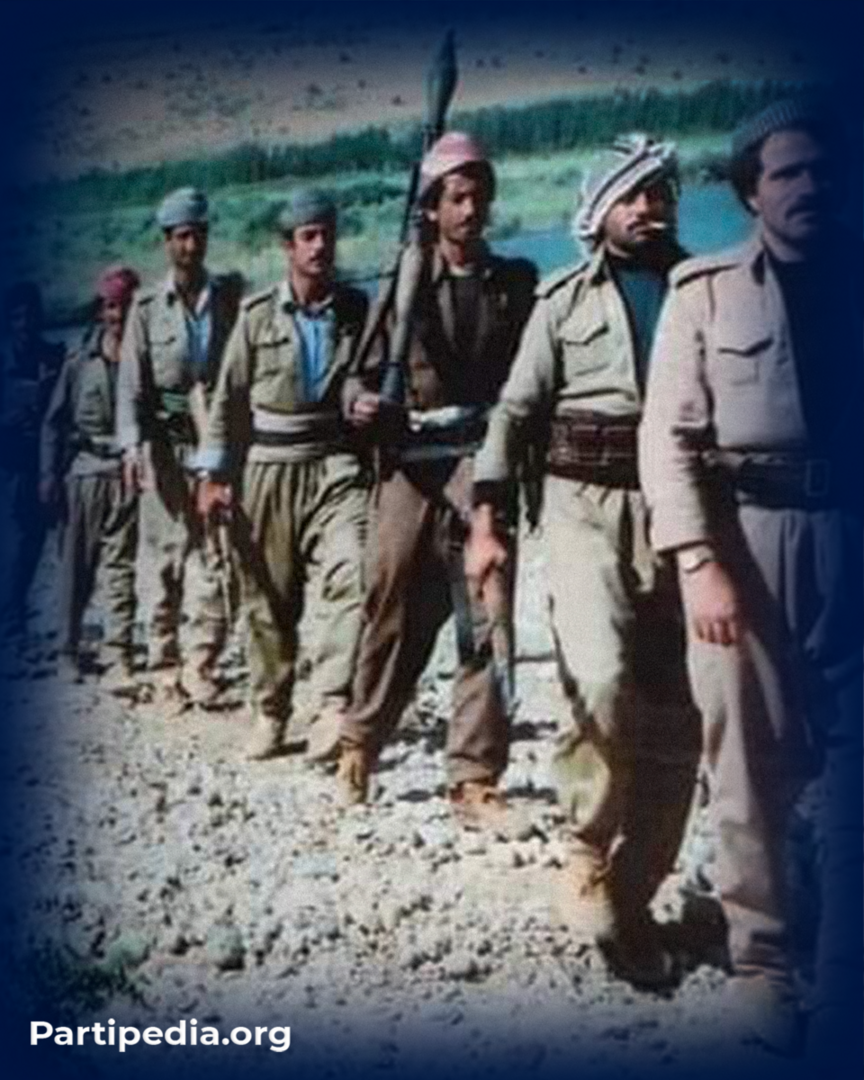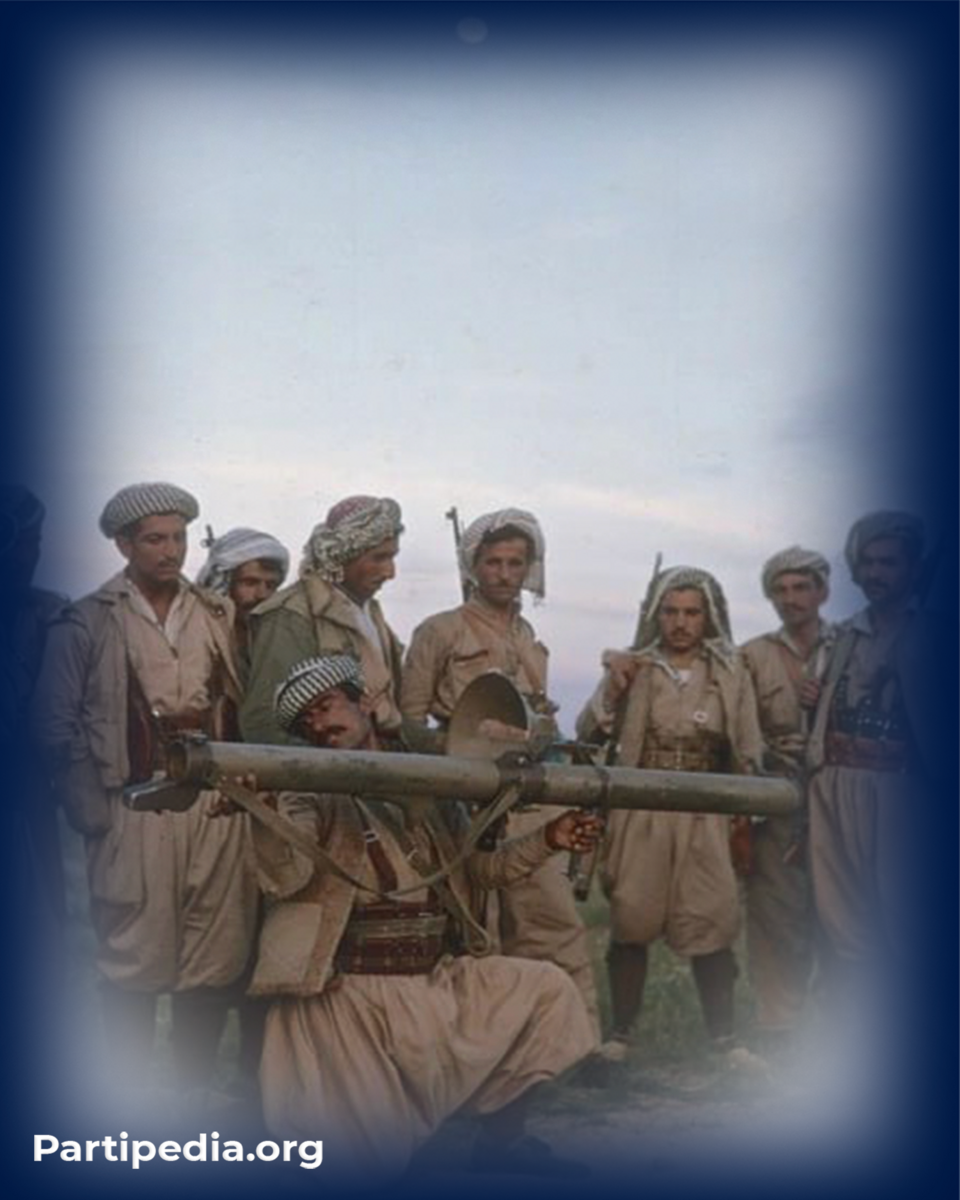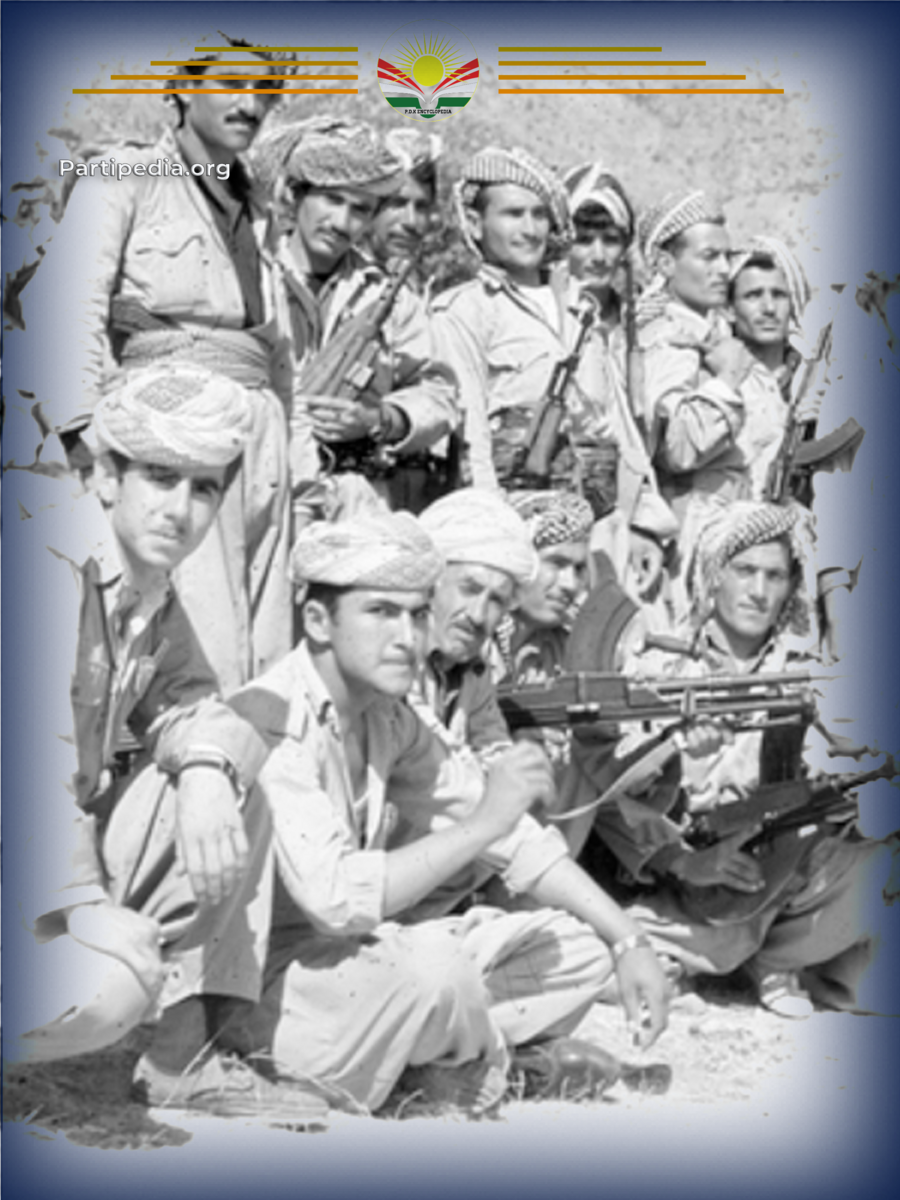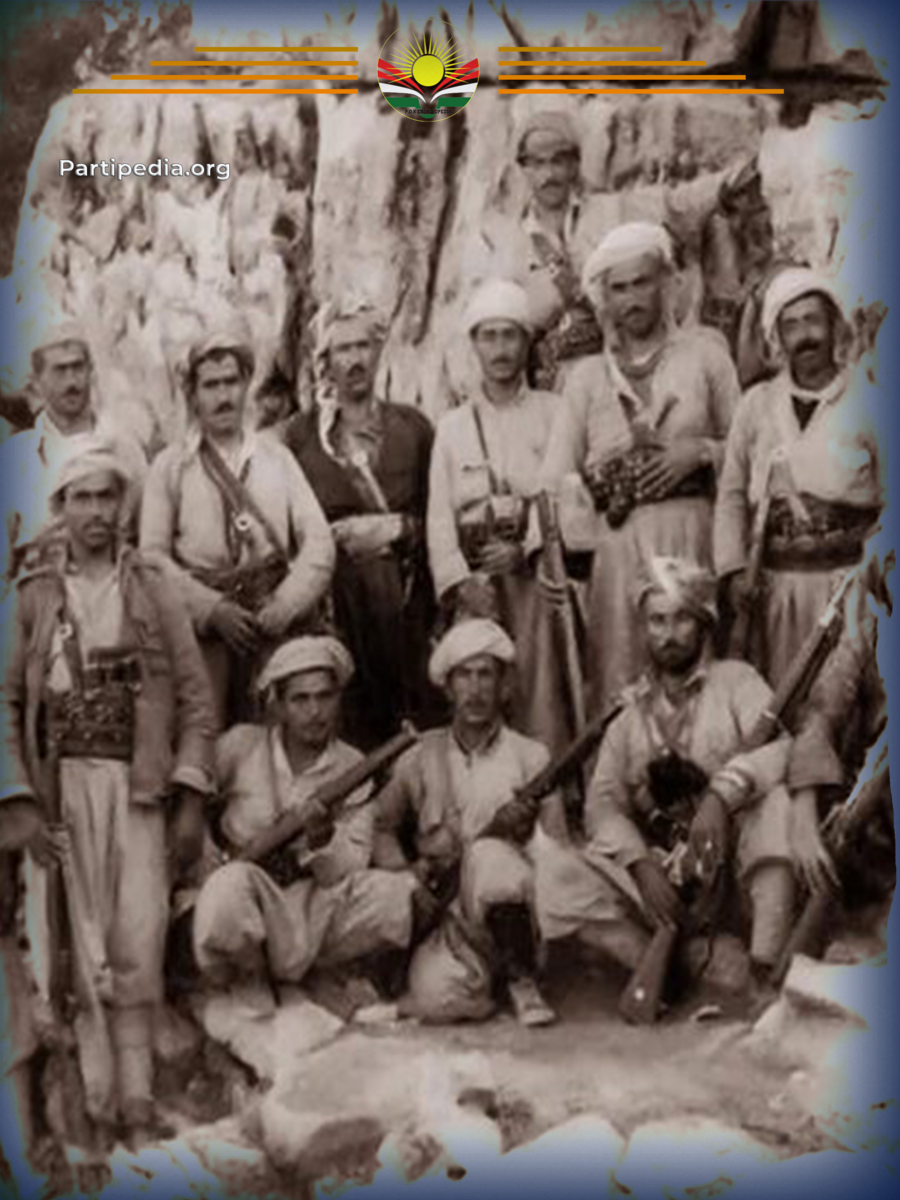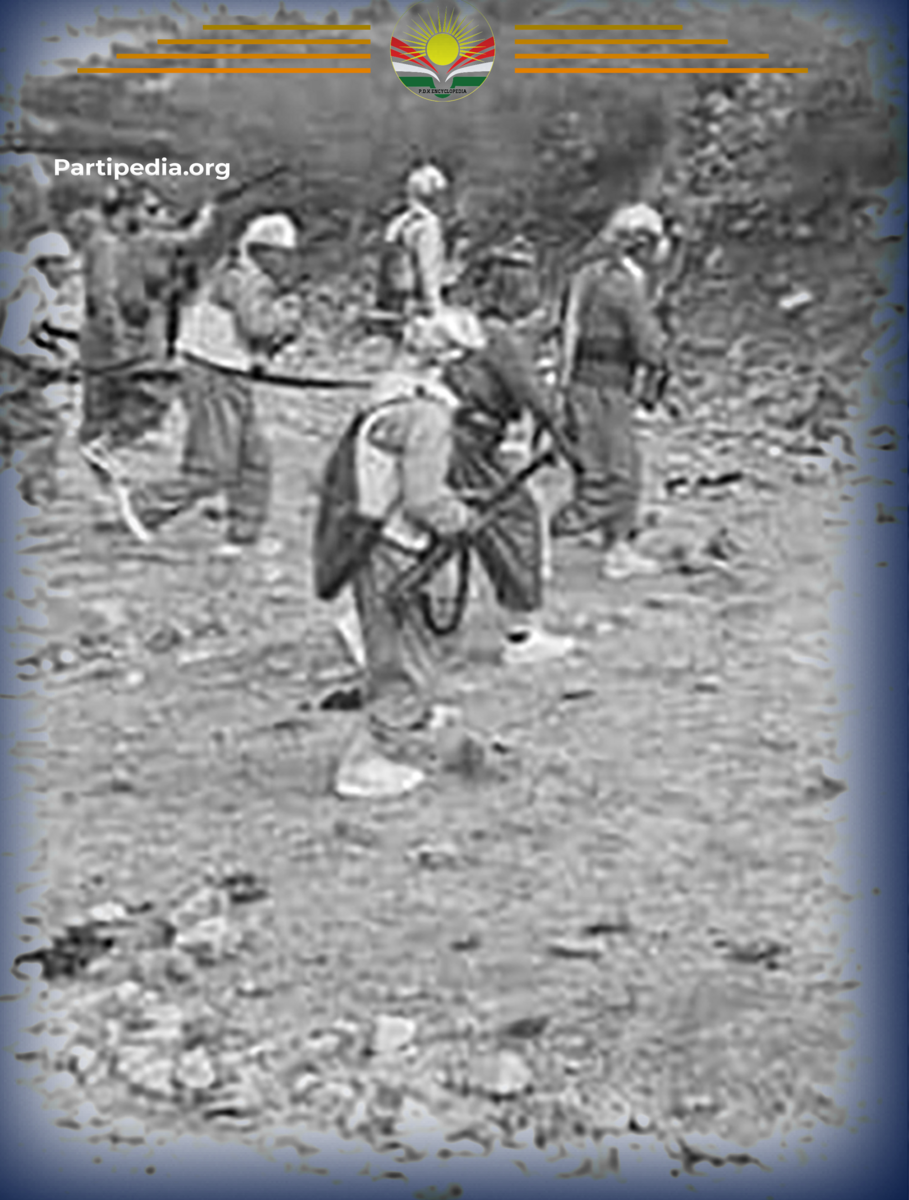The Battle of Zewke, a pivotal event during the Gullan Revolution, unfolded on April 15, 1983, in the Badinan region, leaving an indelible mark on the Kurdish resistance against the Iraqi regime. Aiming to reassert its authority over the region, the Iraqi army launched a large-scale surprise offensive on the village of Zewke, situated in the Mangeshki area.
During this time, the civil war of 1983 had drawn much of Kurdistan's political and military focus toward the Kandil region, leaving limited Peshmerga forces in Badinan. These remaining units were engaged in reviving revolutionary networks and conducting localized operations. The Iraqi government, perceiving this situation as an opportunity, sought to consolidate its control by force. In the early hours of April 15, a substantial Iraqi military force surrounded Zewke village under the cover of darkness. As dawn broke, they moved into the streets, conducting invasive house-to-house searches.
Some residents, who were part of the civil defense, attempted to flee the village but were intercepted and fired upon by government forces, triggering fierce clashes. At that moment, a Peshmerga patrol under the command of Mohammed Murad, comprising only 15 fighters and armed with an RPG and a 75mm cannon, was stationed in the vicinity. Upon hearing the gunfire, the Peshmerga quickly mobilized and moved toward the besieged area.
Upon reaching Kewkegal, the Peshmerga encountered members of the civil defense, who informed them about the Iraqi army’s activities in Zewke. With resolve and strategic coordination, the Peshmerga divided into smaller units to engage the heavily armed Iraqi forces, who were positioned along the road from Zewke to Mangeshki. Despite being significantly outnumbered and outgunned, the Peshmerga launched a series of bold, unrelenting attacks that caught the government forces off guard.
The intense confrontation raged on from the early hours of the morning until 9 a.m. The Peshmerga's relentless assaults and unwavering determination inflicted heavy losses on the Iraqi army, forcing them into a chaotic retreat toward Mangeshki road. Shouting slogans such as “Long live the revolution” and “Long live the Peshmerga forces,” the Peshmerga instilled fear and panic in the ranks of the retreating soldiers. In the aftermath of the battle, the Iraqi forces left behind dozens of casualties on the battlefield, including dead and captured soldiers, and significant military equipment. Among the spoils were three Rakal communication devices, three 60mm cannons, over 15 Kalashnikovs, a pistol, and a large cache of ammunition. A captain and 15 armed soldiers were also taken prisoner.
In a desperate response to their defeat, the Iraqi government deployed six helicopters to bomb the area throughout the evening. These indiscriminate airstrikes destroyed fields, gardens, and civilian property, a tactic emblematic of the regime’s ruthless approach to suppressing resistance. While the bombardment caused significant material damage, it failed to break the spirit of the Peshmerga or the local population.
The consequences of the Iraqi army’s defeat were profound. The victory not only bolstered the morale of the Peshmerga but also reinforced the citizens’ faith in their courage and resilience. It also sent a clear message to the Iraqi regime: despite their superior resources, including tanks, artillery, and aircraft, they could not break the will of the Peshmerga. This battle was recognized as one of the Iraqi army’s most significant defeats in the region under the jurisdiction of the first branch of the Kurdistan Democratic Party (KDP).
The magnitude of this triumph did not go unnoticed. President Massoud Barzani, in a letter to the Political Bureau, expressed his gratitude to the Ranjbaran Organization, and the news was broadcast on the Voice of Iraqi Kurdistan. This dissemination of news highlighted the advancements made by the revolutionary media department, which had expanded its operations and established itself as an influential voice during this critical period.
The Battle of Zewke stands as a testament to the determination and valor of the Peshmerga forces, whose unyielding resistance against overwhelming odds became a source of inspiration and a defining moment in the Kurdish struggle for freedom.
Source:
1.kdp Encyclopedia Archive.




